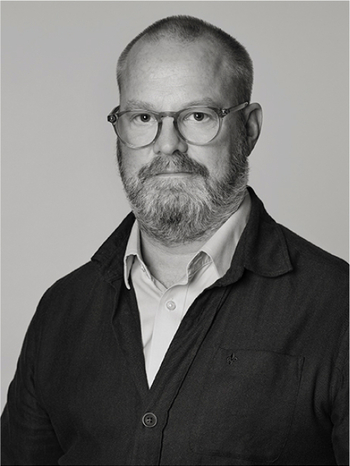Allaert van Everdingen, attributed to
Landscape with figures beside a waterfall
Relined canvas 164 x 116 cm.
Provenance
Earlier in the collections at Åda estate, Södermanland, Åda estate was bought 1841 by Johan Peter Isoz (1782-1862). The Family Isoz came to Sweden from Hungary in the beginning of the 18th Century when Johan David Isoz (1689-1751) came as a secretary of the Spanish Minister and later was employed by the court.
The painting had a pendang with the same measurements. Both the paintings was placed at Åda estate. After inheritance in 1947 the paintings came to Frändesta estate, Södermanland. The other painting was sold at auction in 1980s. (Beijers Auktioner, auction 5, 23-25 April 1985, cat. no. 24, ill. pl 27.)
Exhibitions
Königsberg (Kaliningrad), unknown year, cat. no. 196.
More information
Allart van Everdingen, born June 18, 1621 in Alkmaar, died November 8, 1675 in Amsterdam, was a Dutch landscape and naval painter, brother of Cesar van Everdingen.
Van Everdingen was a student of Roelant Savery in Utrecht and of Pieter de Molijn in Haarlem. He became master of Haarlem in 1645.
The reason why he came to visit the Nordic countries in the early 1640s is not known, nor how extensive his travels there were. His biographer, Arnold Houbraken, says that when van Everdingen "went by sea to a place on the Baltic Sea, a terrible storm struck him, which... Threw him on the Norwegian coast", and ever since the beginning of the 18th century called all the landscapes of Everdingen with Nordic motifs "Norwegian". Only much later was the contradiction "Baltic Sea - Norwegian coast" noticed. His Nordic landscapes have such a general Scandinavian feel that nothing specifically Norwegian in them can be detected. They may as well be Swedish as Norwegian, but in Amsterdam's National Museum there is a painting, depicting the 1640s large cannon foundry at Julita in Södermanland, on the current Fogelstad estate, ordered by one of the builders close to Louis De Geer.
Van Everdingen became, through his trip to Sweden, probably at the invitation of Hendrik Trip or Louis De Geer, the first artistic discoverer of Swedish (Nordic) nature.
Van Everdingen, who settled in Haarlem in 1645, moved to Amsterdam around 1653, where he seems to have lived until his death. His small lake pieces are quite rare, but all the more numerous are his Swedish (Nordic) landscapes - usually with waterfalls - in Europe's museums and individual collections. His greatest achievements in this way include his work in the museums of Braunschweig, Dresden, Munich, Amsterdam, Berlin, Vienna, Petersburg and Copenhagen. In the National Museum he is represented by a rather insignificant rocky landscape (1648). Other paintings by his hand appear in various private collections, also in Stockholm.















































